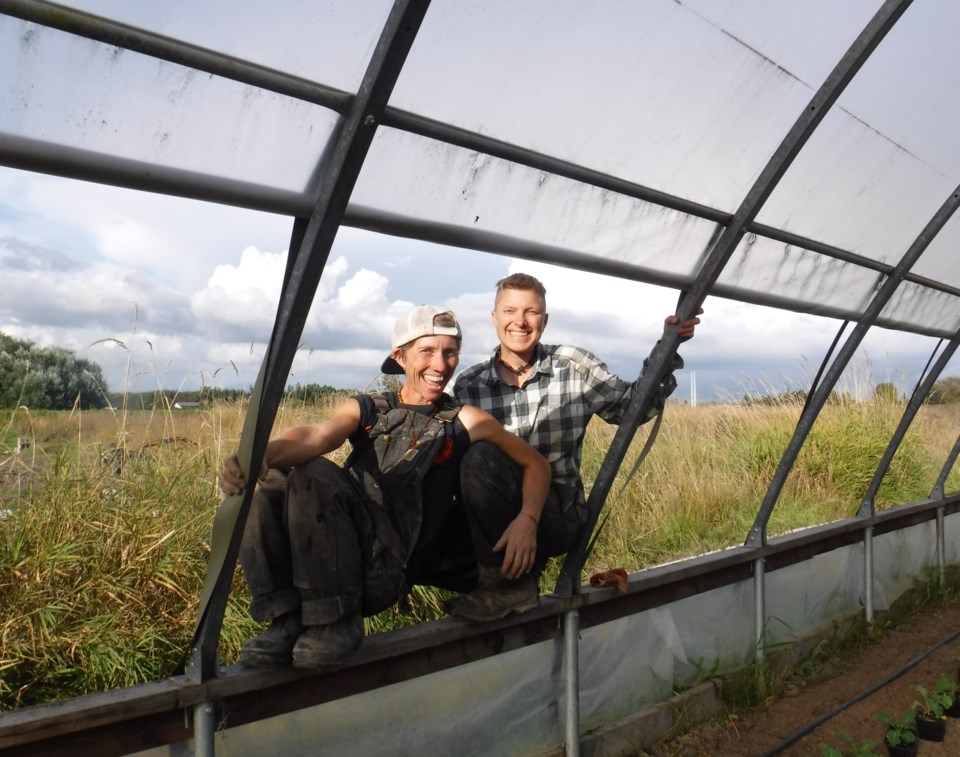Dear Editor,
Re: “Matchmaking supports farmers,” Community, May 23, 2019
We’re happy that Sweet Digz Farm was profiled as a successful small-scale farm that leases land and sells organic vegetables in Richmond.
However, we’d like to make a critical clarification about measuring a farm’s success using “gross-income-per-acre.”
Agriculture has become the target of confusing debate about competing land-use pressures which lead to harmful community conflict.
One of us recently experienced verbal assault by an irate Richmond resident who overheard we were farmers, assumed we were “rich farmers” and unleashed anger about land use and how easy farmers have it. For us, that couldn’t be further from the truth.
What is true is that gross-income-per-acre says very little about the farm’s “net income,” financial success or value to local food supply. A farm’s gross income varies greatly, depending on countless factors including business model, crops grown, customer base, farming methods, farm size, number of employees, owning land or leasing, and having a long-term lease or annual renewal with little security to invest in infrastructure or the business.
Gross income doesn’t reflect “cost of production,” whether a farm sells locally or elsewhere for a higher price, and whether they grow only a few highly profitable crops or a variety to fulfill as much local demand as possible.
At Sweet Digz Farm, we grow 45 crops so customers can get all their veggies locally during the season.
We want people to know their food is grown using ecologically friendly methods healthy for the soil, wildlife and their families.
We set prices that we hope are affordable to as many as possible, even though our profit margins are small.
We are proud of our farm’s evolving success, and use social, ecological and financial targets and measures.
Small-scale farming fills a niche and is a viable and empowering business model.
Focusing on gross income is like asking someone’s weight but not their height.
We need a more holistic view of how we value farms, farm businesses, and in fact, all businesses.
The $100,000 gross-income-per-acre target advocated by well-meaning supporters of small-scale agriculture is disorienting and even harmful for farmers, and can lead customers to misunderstand the costs and risks involved in agriculture.
Very few mixed-vegetable farms operate this way. It’s great to tell new farmers to reach for an ambitious target, but it needs context.
For us, farming is more than a business, it’s a relationship with the land — an agricultural way of life.
Kimi Hendress, Kareno Habolt
RICHMOND



